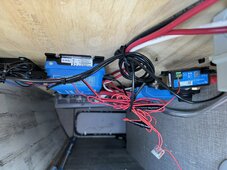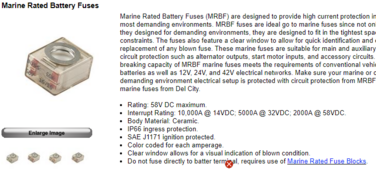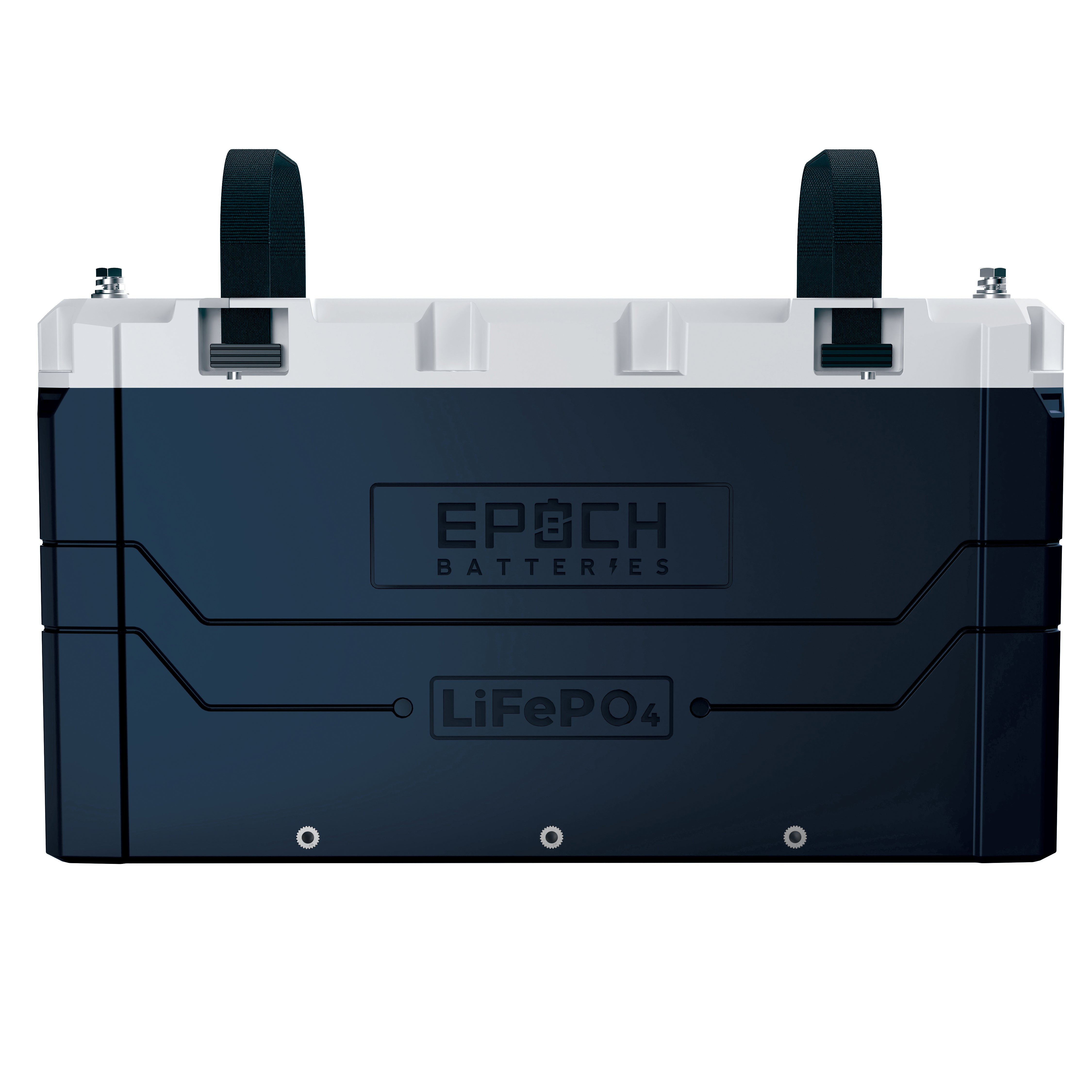yantruocmot
New Member
- Joined
- Feb 12, 2022
- Messages
- 26
I had the unfortunate experience of thief's stealing out of my trailer and in the process breaking part of my solar setup and appears to have shorted my batteries. I had four 100ah LiFePO4 batteries in my passthrough setup in a parallel configuration. When the thief's did this two of the batteries spewed some gel like substance out and some carbon (prob some decent smoke as well). Thankfully they didn't catch fire but by the time I found them they were REALLY hot and swollen. This short blew up everything inside our trailer that had a circuit board. No wires however were burnt including some very small 18ga for USB ports, but the ports no longer work..
What did I do wrong with my setup on why this type of surge was not protected against? I have a 250amp T-Class fuse, along with multiple other mega fusses in a lync distribution for other circuits. The trailer is currently at the shop having the components fixed. Once I get it back I want to make sure I also put in some better protection. What can or should be added to a system to stop something like this from happening again?
Also how do you dispose safely of multiple 12v 100ah batteries that have been shorted?
Thanks for the help!
What did I do wrong with my setup on why this type of surge was not protected against? I have a 250amp T-Class fuse, along with multiple other mega fusses in a lync distribution for other circuits. The trailer is currently at the shop having the components fixed. Once I get it back I want to make sure I also put in some better protection. What can or should be added to a system to stop something like this from happening again?
Also how do you dispose safely of multiple 12v 100ah batteries that have been shorted?
Thanks for the help!






